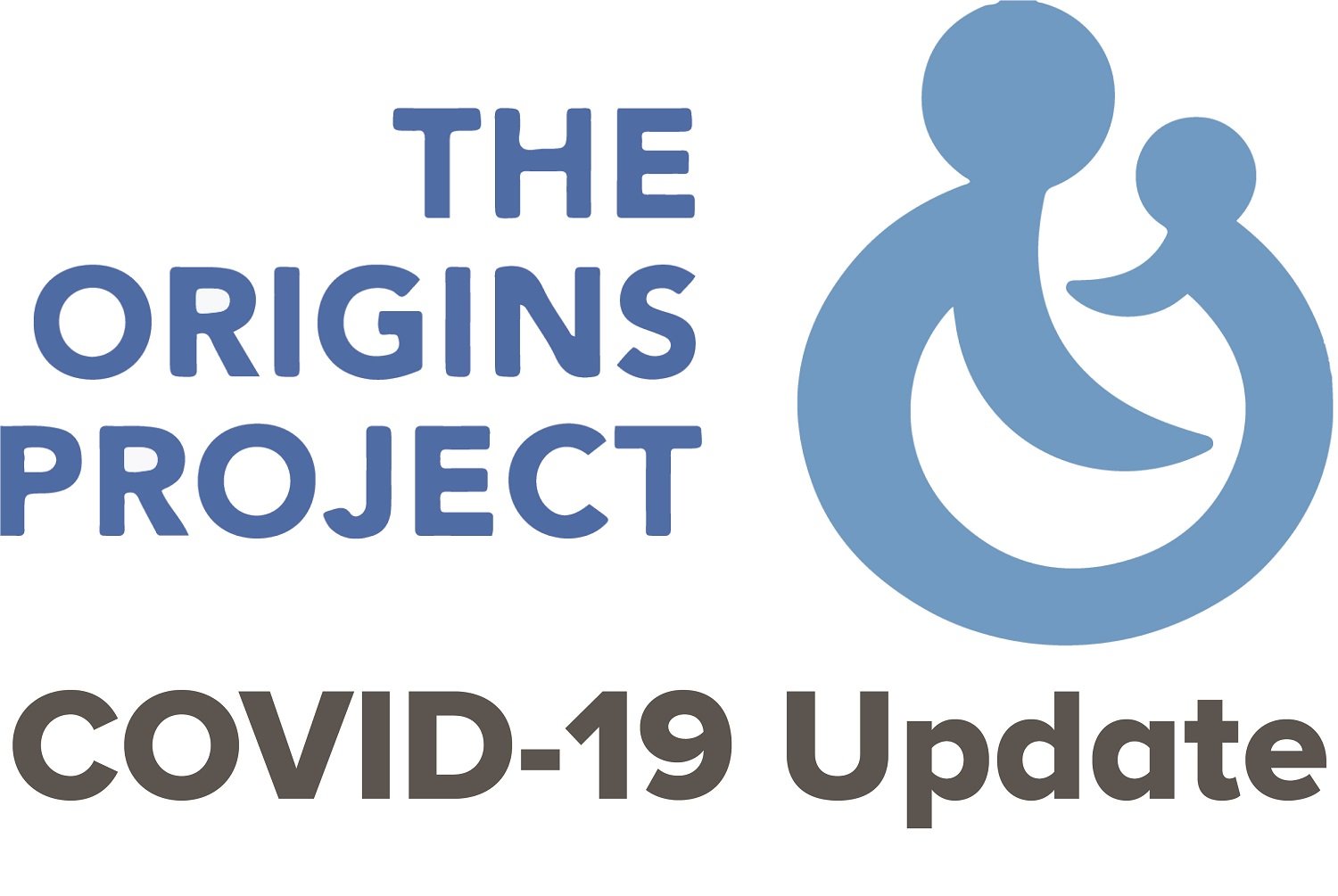Search
Showing results for "Au"
Research
Geospatial modelling for malaria risk stratification and intervention targeting for low-endemic countriesEwan Punam Susan Tasmin Cameron Amratia Rumisha Symons BSc PhD PhD PhD (Biostatistics) Director of Malaria Risk Stratification Honorary Research
Research
Linkage of the Australian Childhood Immunisation Register (ACIR) and state-based registers to evaluate and inform Australia’s immunisation programChristopher Hannah Tom Blyth Moore Snelling MBBS (Hons) DCH FRACP FRCPA PhD OAM BSc (Hons) GradDipClinEpi PhD BMBS DTMH GDipClinEpid PhD FRACP Centre

News & Events
Unified response critical to address spread of ‘flesh eating’ bacteriaA surge in invasive group A streptococcal reports in Australia has prompted The Kids Research Institute Australia researchers to call for a unified national public health response, with cases tipped to increase.

News & Events
COVID-19 Update: Perth Lockdown 3 July 2021ORIGINS is moving to virtual appointments and couriers to collect home samples during the June 2021 Perth lockdown.
Research
Evaluation of the Child and Family Assessment and Referral Network (CFARN)Yasmin Sandra Mary Harman-Smith Van Diermen Brushe BA, BHlthSc(Hons), PhD BPsych(Hons), PhD (Public Health) Head, Early Years Systems Evidence; Head
Research
The Perspectives and Experiences of Trauma-Informed Practice Education and Training: From Early Career TeachersThis study aims to investigate early career teachers’ education, knowledge, perceptions and experiences of trauma-informed practice in Western Australia.
Research
Lifestyle and demographic correlates of poor mental health in early adolescenceTo determine the constellation of lifestyle and demographic factors that are associated with poor mental health in an adolescent population.
Research
FcgammaRIIb Expression Is Decreased on Naive and Marginal Zone-Like B Cells From Females With Multiple SclerosisB cells are critical to the development of multiple sclerosis (MS), but the mechanisms by which they contribute to the disease are poorly defined. We hypothesised that the expression of CD32b (FcγRIIb), a receptor for the Fc region of IgG with inhibitory activities in B cells, is lower on B cell subsets from people with clinically isolated syndrome (CIS) or MS. CD32b expression was highest on post-naive IgM+ B cell subsets in healthy controls. For females with MS or CIS, significantly lower CD32b expression was identified on IgM+ B cell subsets, including naive and IgMhi MZ-like B cells, when compared with control females. Lower CD32b expression on these B cell subsets was associated with detectable anti-Epstein Barr Virus viral capsid antigen IgM antibodies, and higher serum levels of B cell activating factor. To investigate the effects of lower CD32b expression, B cells were polyclonally activated in the presence of IgG immune complexes, with or without a CD32b blocking antibody, and the expression of TNF and IL-10 in B cell subsets was assessed.
Research
Prevalence of electronic device use before bed among Australian children and adolescents: a cross-sectional population level studyTo understand the prevalence of children and adolescents’ electronic device use (EDU) in the hour before bed and identify sociodemographic groups that are at increased risk of problematic use.
Research
Repetitive transcranial magnetic stimulation (rTMS) in autism spectrum disorder: Protocol for a multicentre randomised controlled clinical trialThere are no well-established biomedical treatments for the core symptoms of autism spectrum disorder (ASD). A small number of studies suggest that repetitive transcranial magnetic stimulation (rTMS), a non-invasive brain stimulation technique, may improve clinical and cognitive outcomes in ASD.
